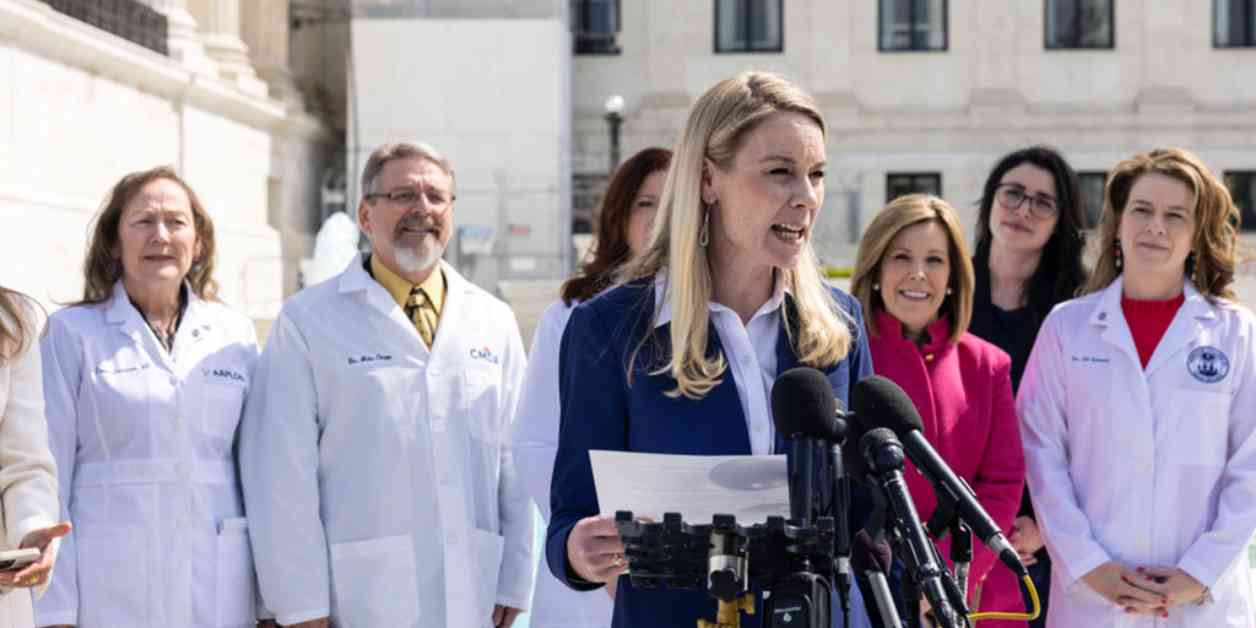Erin Hawley, a pro-life lawyer involved in the case that led to the Supreme Court overturning Roe v. Wade, emphasized the value of life in a recent interview. She discussed the significance of the Dobbs v. Jackson Women’s Health Organization decision, which gave states the power to create their own abortion laws.
Hawley highlighted that the Constitution does not grant a fundamental right to abortion and that states can now choose to protect life. Since the Dobbs decision, 41 states have enacted abortion bans with various exceptions, and 14 states have near-total abortion bans.
She also mentioned that states with abortion bans have implemented laws to support pregnant women and new mothers, demonstrating a commitment to both life and maternal well-being. Pro-life activists have been advocating for further abortion restrictions, especially in Democratic-led states where abortion access remains protected.
In addition to discussing the legal aspects of abortion, Hawley emphasized the importance of changing hearts and minds on the issue. She believes that supporting women and offering alternatives to abortion can empower both women and their unborn children. Despite the existence of abortion bans in some states, the number of abortions has not decreased significantly, with women seeking abortion pills through the mail or traveling to other states for the procedure.
Hawley also addressed concerns about medical emergencies and the clarity of state abortion laws regarding when doctors can perform abortions to protect the life of the mother. She explained that every state allows for life-saving procedures and treatment of miscarriages, refuting claims that pro-life laws restrict necessary medical care for women.
Recent legal challenges, including a case against the FDA’s approval process of the abortion drug mifepristone, have raised questions about the safety of abortion procedures. Hawley criticized the FDA for removing safeguards that could prevent complications during medication-induced abortions and expressed hope that the agency would be held accountable for its decisions.
In conclusion, Hawley emphasized the need to recognize the value of every life, regardless of size or vulnerability. She encouraged ongoing efforts to educate the public about the importance of protecting life and supporting women facing unplanned pregnancies. The pro-life movement continues to advocate for policies that prioritize both maternal health and the rights of the unborn.





















